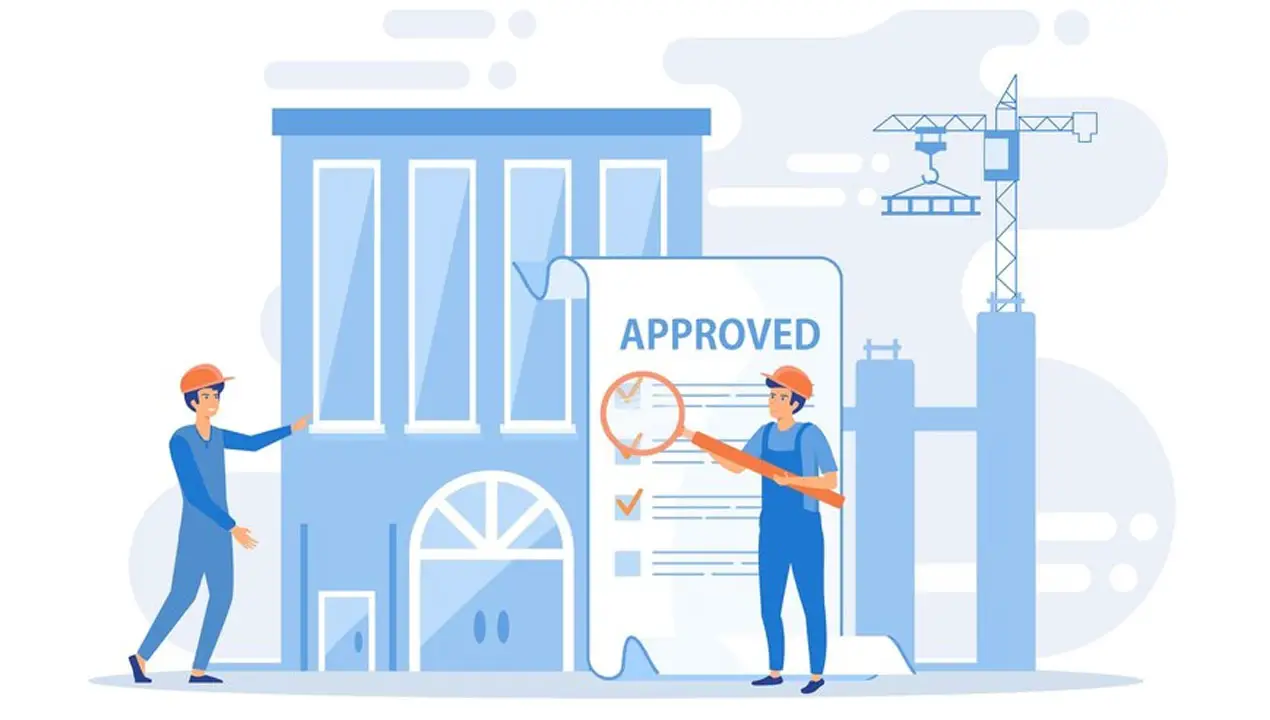Explore our comprehensive premises liability guide. Learn about responsibilities, legal aspects, and how to protect yourself. Get informed and stay safe.
No one should endure a grave injury due to negligence on another’s property. If you find yourself as the injured party, navigating through your legal options can be overwhelming.
In this comprehensive guide, we delve into the basics of premises liability, offering insights to help you discern if you possess grounds to file a claim or seek other forms of redress.
Explore definitions, causes of action, defenses, and the array of damages available in a court setting. Whether you seek advice as an injured plaintiff, defend claims as a landowner/occupier, or merely want a deeper understanding of premises liability law, read on!
Deciphering Premises Liability: An Insight into its Significance
Premises liability stands as a legal doctrine that imposes responsibility on landowners and occupiers for injuries or damages occurring on their property.
This encompasses residential, commercial, and public spaces. Understanding premises liability is crucial because it directly influences the safety of anyone entering a property, be they guests, customers, or even trespassers.
Grasping your rights and responsibilities as a landowner or occupier plays a pivotal role in accident prevention and ensures proper compensation for any resultant injuries. For the injured victim, this knowledge serves as a compass to pursue legal action and hold negligent parties accountable.
Various Facets of Premises Liability Explored
Premises liability manifests in diverse forms, with negligence, strict liability, and attractive nuisance being the most prevalent. Negligence arises when a property owner neglects to uphold safe conditions or forewarn visitors of potential hazards. Strict liability, on the other hand, holds landowners responsible for damages caused by inherently dangerous conditions, irrespective of their awareness.
Attractive nuisance is a subset of strict liability, applicable to cases involving injuries to children caused by an enticing yet hazardous feature on the property. If you find yourself in need of premises liability legal assistance in Chicago, understanding these facets is paramount. Seeking guidance from a proficient attorney can navigate you through the legal intricacies.
Identifying the Liable Parties in a Premises Liability Case
Determining the party held liable in a premises liability case hinges on the specific circumstances of the incident. Typically, this includes landowners, occupiers (such as tenants or lessees), property managers, and even contractors or maintenance workers responsible for property upkeep. In certain instances, multiple parties may share liability for distinct aspects of the incident. A thorough investigation is imperative to ascertain all potential parties accountable in a premises liability case. For instance, a landlord may be responsible for common area maintenance, while a tenant may be liable for injuries within their unit.
Assessing Damages in a Premises Liability Case
Damages awarded in a premises liability case span medical expenses, lost wages, pain and suffering, and property damage. The specific amount hinges on the severity of injuries and their impact on the victim’s life. In some cases, punitive damages may be awarded to penalize the responsible party for their negligence and forestall similar incidents. Documenting all incurred damages, from physical injuries to emotional distress and financial burdens, is crucial. Enlisting an experienced attorney ensures a comprehensive account and pursuit of all damages in a premises liability case.
Safeguarding Against Legal Liabilities Related to Your Property
To avert legal liabilities tied to your property, maintaining and inspecting premises regularly is paramount. Swiftly addressing hazardous conditions, taking necessary precautions, and warning visitors about known dangers are crucial steps. Compliance with safety codes and acquiring liability insurance provides additional protection. Staying abreast of local laws and consulting legal professionals when necessary showcases a proactive stance. Vigilance in accident prevention can shield you from legal entanglements.
Strategies to Prevent a Premises Liability Lawsuit
Proactive implementation of safety measures is key to sidestepping a premises liability lawsuit. Regular inspections, prompt handling of hazards, clear warnings to visitors, adherence to safety codes, and staying informed about property-related updates or changes are vital. Additionally, having liability insurance acts as a safety net for unforeseen accidents or injuries on your property.
Understanding the fundamentals of premises liability is indispensable for both landowners and those who may find themselves injured. Armed with this knowledge, confidently navigate any premises liability challenges that may arise in the future. Stay informed, stay safe, and assert your rights!
FAQs:
- What is premises liability?
- Premises liability holds landowners responsible for injuries or damages on their property. It includes residential, commercial, and public spaces.
- Who can be held liable in a premises liability case?
- Parties held liable vary based on circumstances but may include landowners, occupiers, property managers, and maintenance workers responsible for property upkeep.
- What damages can be awarded in a premises liability case?
- Damages may include medical expenses, lost wages, pain and suffering, and property damage. Punitive damages may be awarded to deter negligence.
- How to prevent legal liabilities related to my property?
- Regular maintenance, hazard prompt addressing, warnings to visitors, compliance with safety codes, and liability insurance can help prevent legal entanglements.
- What are the different types of premises liability?
- The main types are negligence, strict liability, and attractive nuisance. Understanding these is crucial for anyone involved in or seeking legal help in premises liability cases.
- How can I avoid a premises liability lawsuit?
- Implement safety measures, conduct regular inspections, address hazards promptly, provide warnings, comply with safety codes, and stay informed about property-related updates. Liability insurance adds an extra layer of protection.

